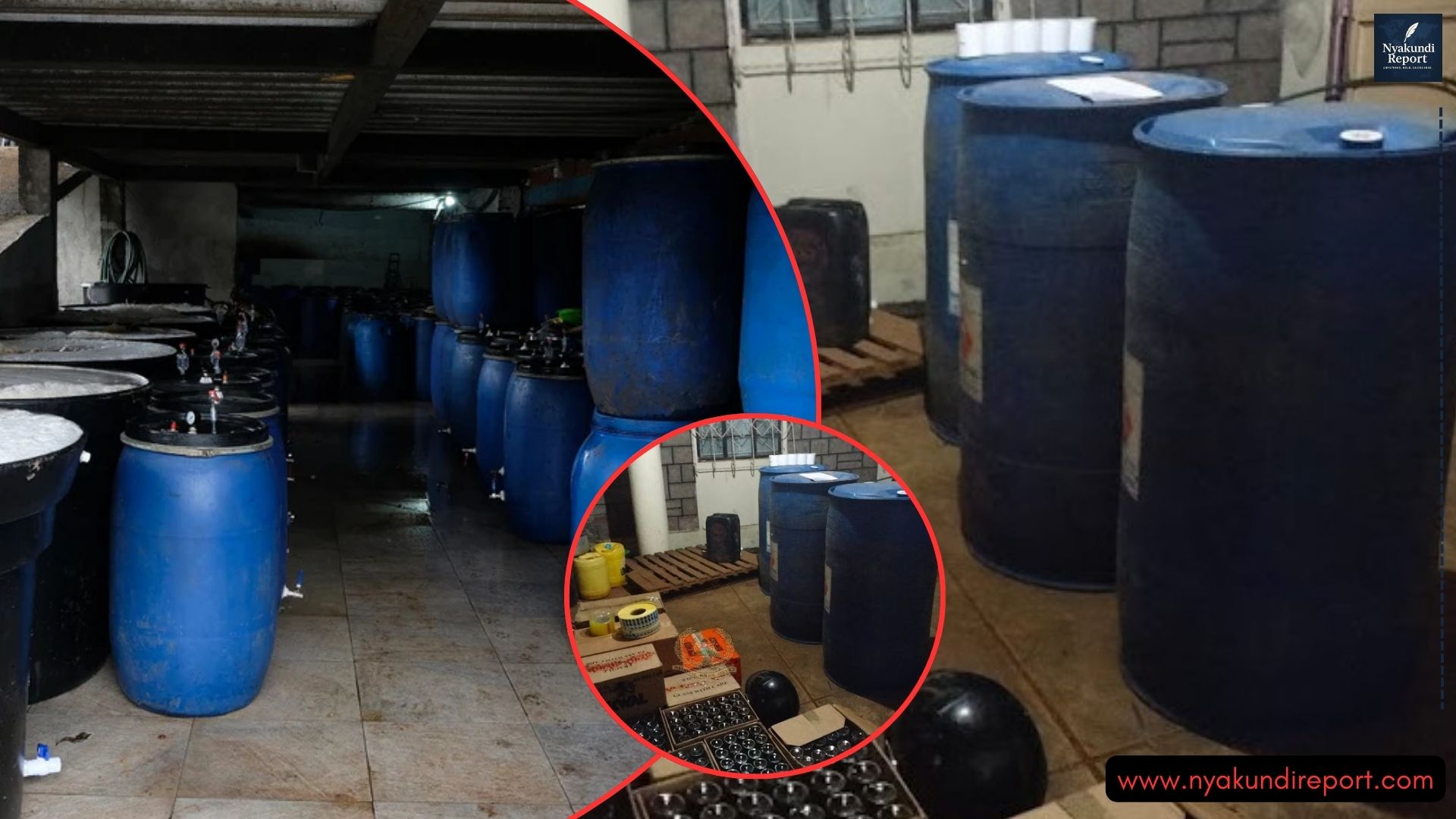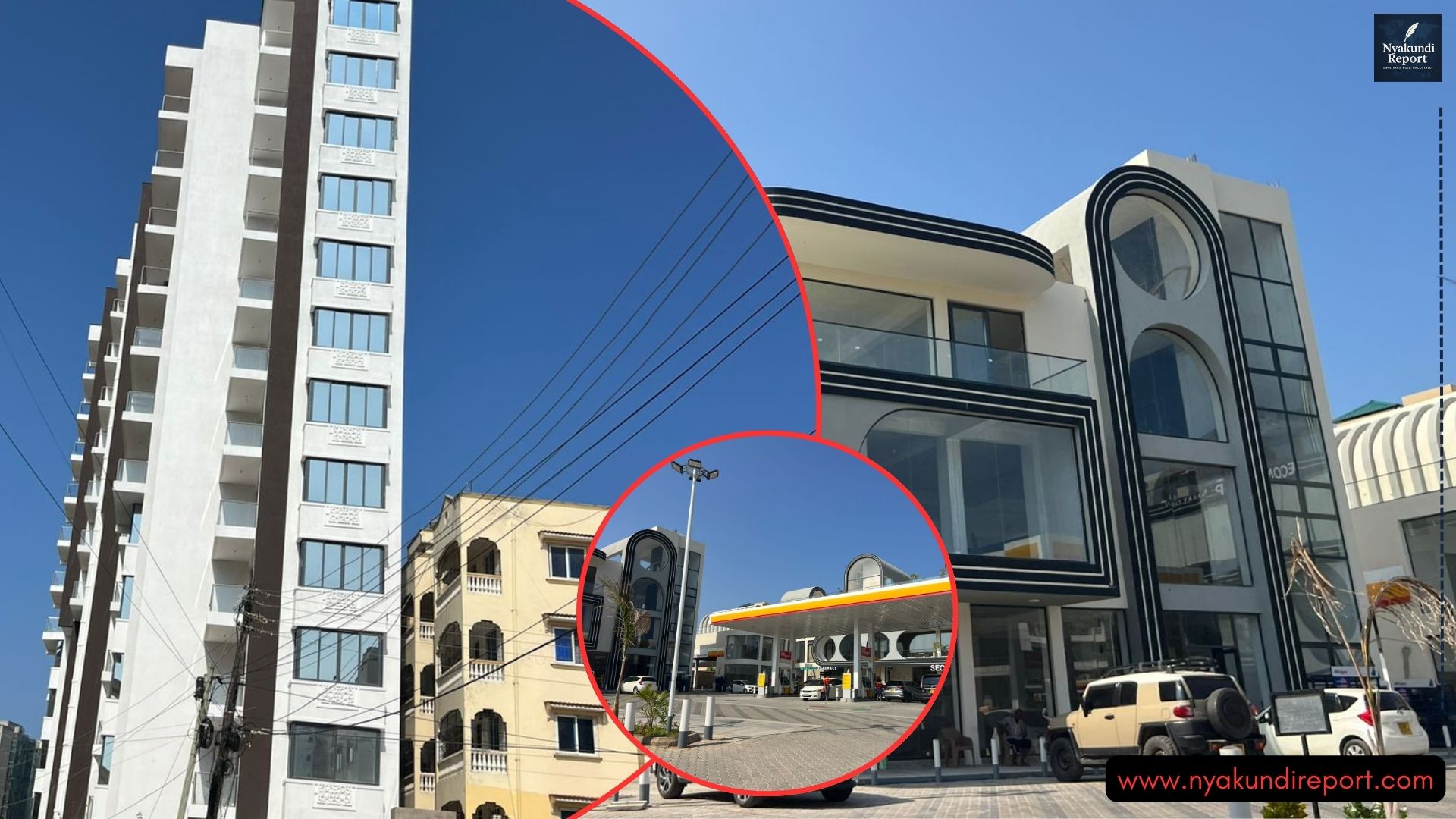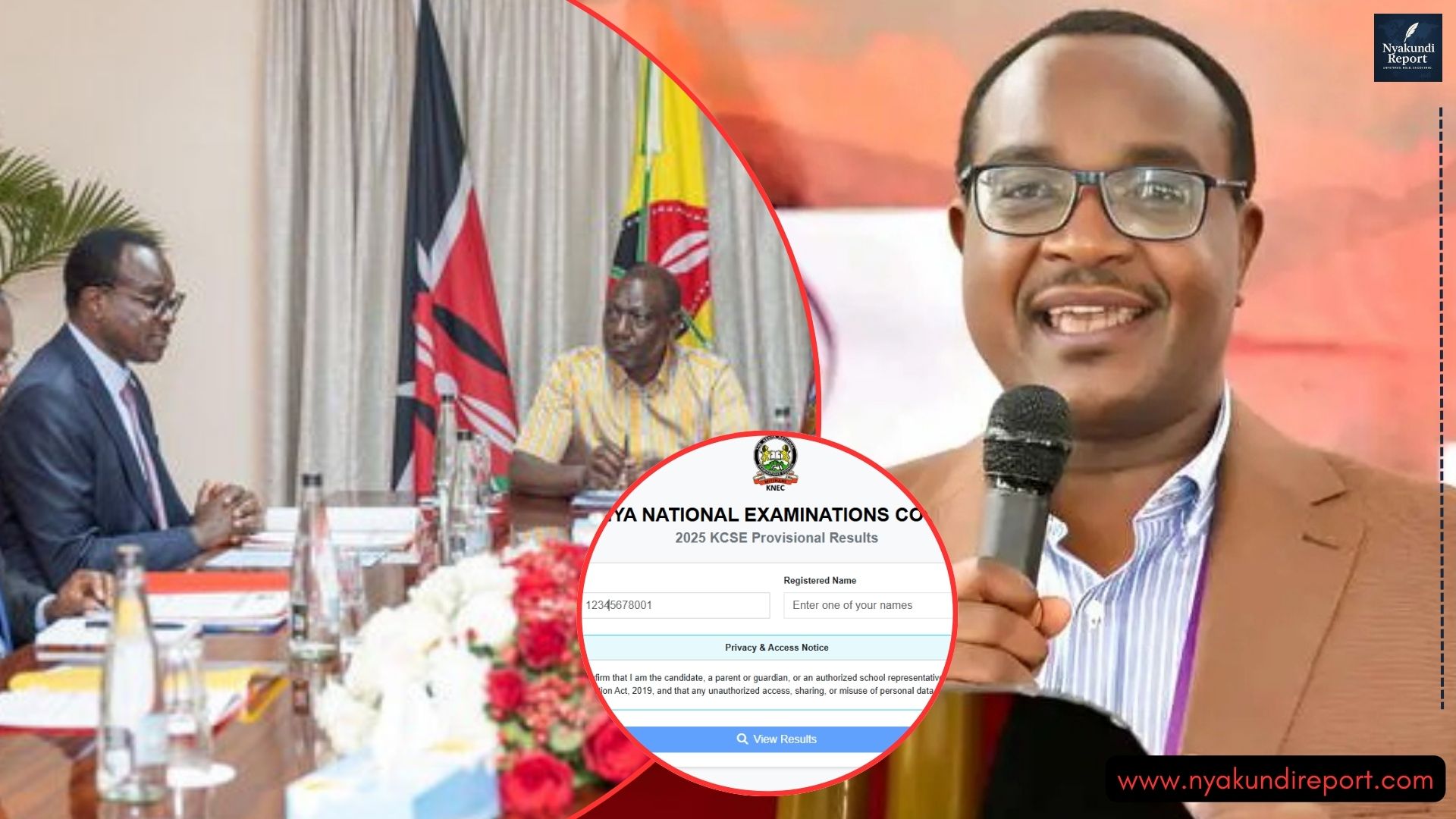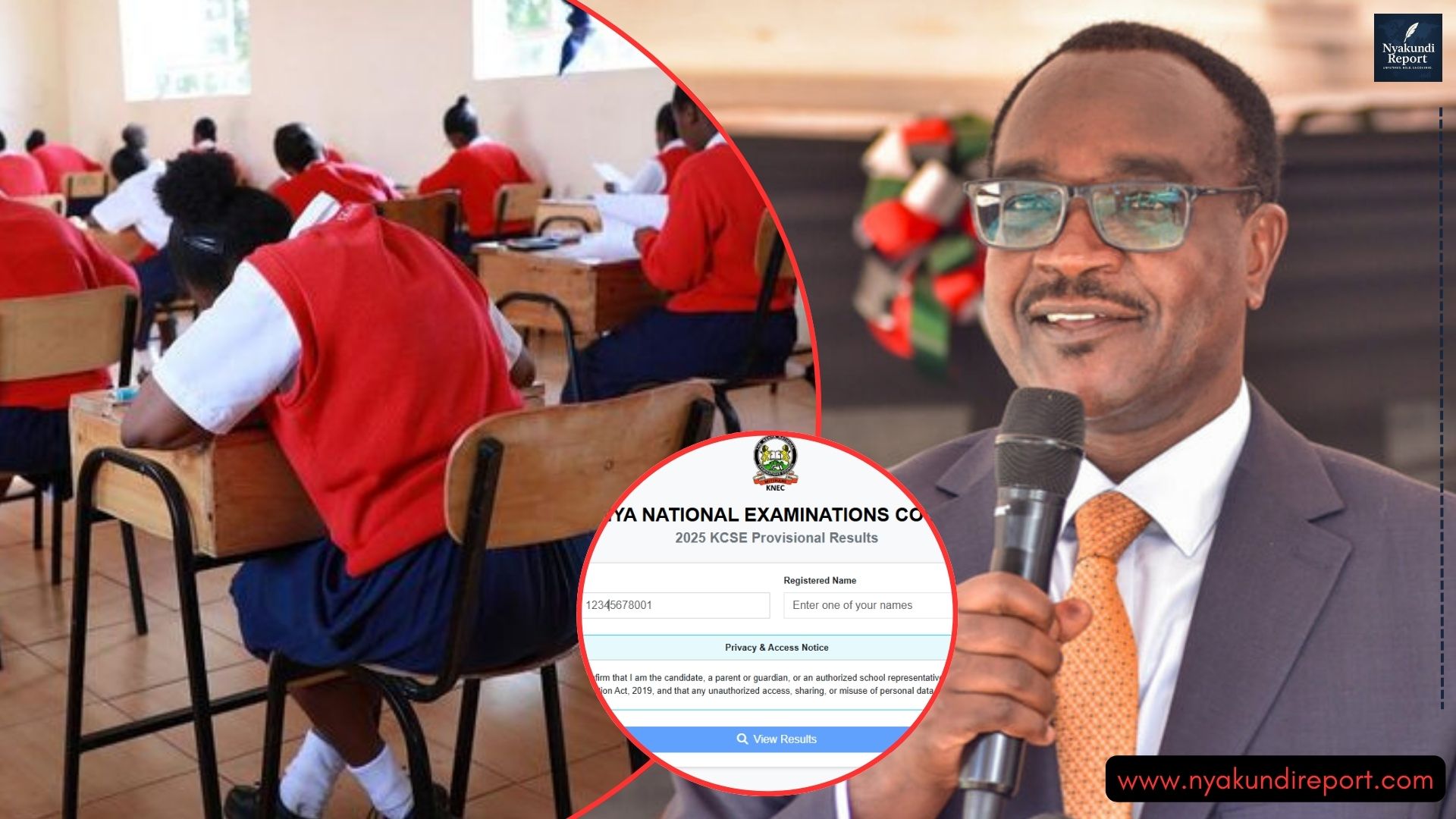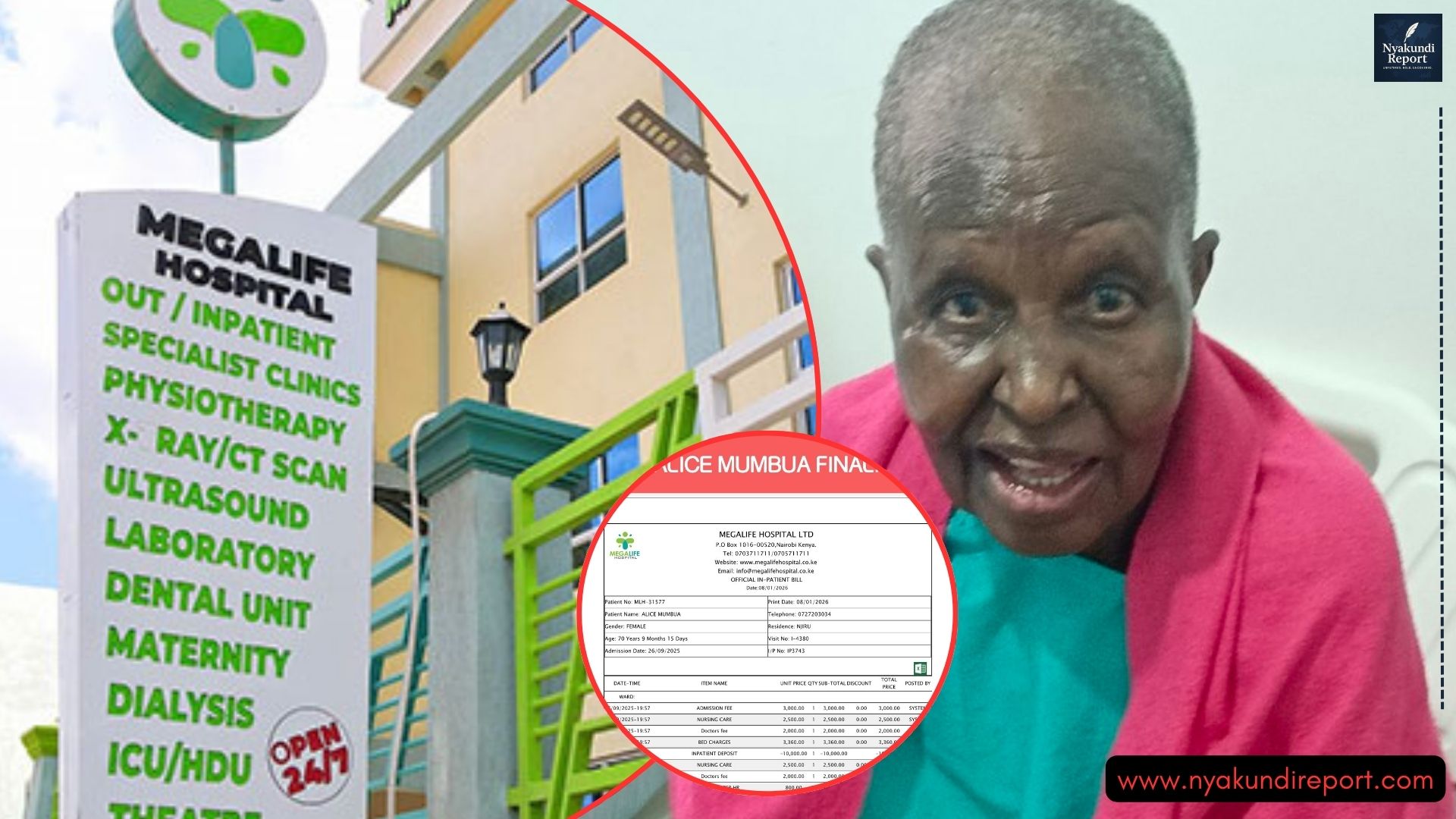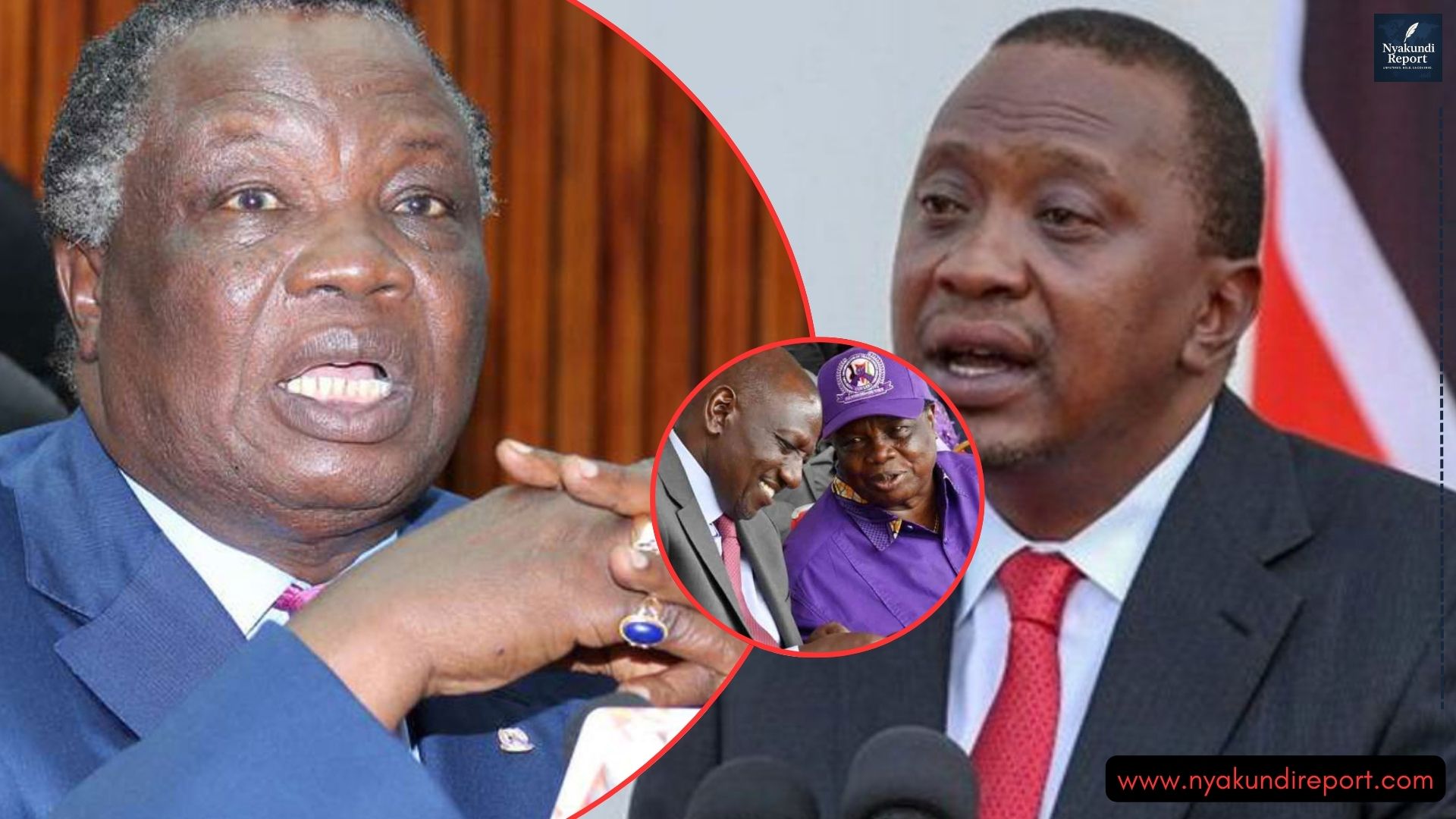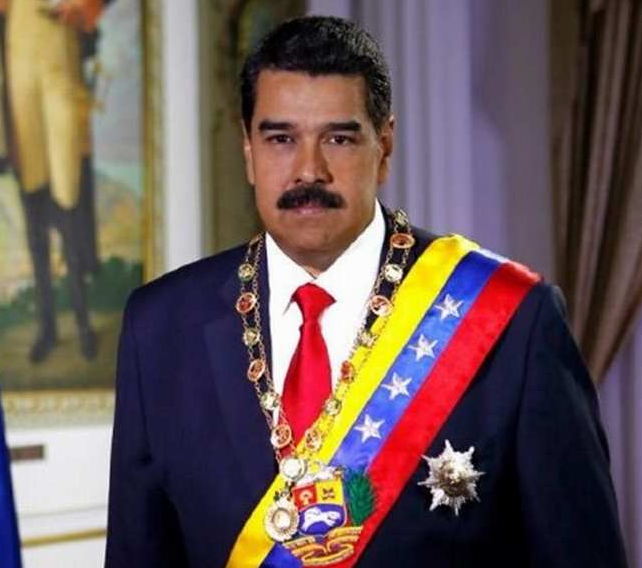The macadamia sector in Kenya is reeling from a deep blow to its integrity and economic stability following shocking revelations from multiple Kenyan media reports that a Chinese national orchestrated a multimillion-shilling smuggling ring through Mombasa Port.
Those same reports identify the figure as Chen Fangfang, alleging that she coordinated the illicit movement of raw nuts worth over Ksh 200 million to China, bypassing the Agriculture and Food Authority’s export restrictions designed to safeguard farmers and promote local processing.

Media sources indicate that Chen arrived in Kenya on April 6 using a tourist visa and swiftly embedded herself in Thika’s macadamia supply chain.
She began sourcing nuts within days, recruiting Davis Muchoki Muriithi as an aide, and tapping local contacts to manage loading and logistics.
By April 12, barely a week later, she had loaded her first container, FFAU6547030.
The manifest claimed the cargo was tarpaulins bound for Starke Group LDA in Mozambique but the shipment’s true destination was Ningbo, China.
By the weeks that followed her first successful shipment, Chen Fangfang’s operation expanded with remarkable speed and precision, as she and her Kenyan aide prepared six more containers, each one masked by paperwork claiming they carried tarpaulins, awnings, or sunblinds destined for the same Mozambican consignee, Starke Group LDA, while in reality the raw macadamia nuts were bound for Ningbo, China.
This was a pattern that, according to published Kenyan media reports, revealed both her calculated planning and the glaring gaps in Kenya’s port surveillance systems that allowed consignments marked “on hold” in Mombasa to slip past customs and reach foreign markets without triggering alarms.
By August, three of these containers, identified as PCIU9329018, GAOU7572631, and CIPU5254319, had already been recorded as delivered in China even though Kenya Ports Authority records still listed them as detained, a contradiction that points to either gross negligence within port management or active participation by insiders who manipulated official records to conceal the movements.
This discrepancy has now become a central piece of evidence for investigators trying to determine whether Chen’s smuggling ring was enabled by isolated lapses or by a sophisticated network of local collaborators embedded within customs, immigration, and shipping operations.
Multiple Kenyan outlets report that for nearly half a year, Chen conducted these activities openly while holding nothing more than a tourist visa.
She obtained no work permit, no trade license, and paid no business taxes but she was able to source nuts directly from Thika’s growers, recruit loaders and drivers, negotiate logistics at the port, and repeatedly engage with shipping agents, all while evading the attention of immigration officers and regulators whose mandates should have made such operations impossible, a scenario that now serves as a damning illustration of the weaknesses within Kenya’s enforcement apparatus.
The Agriculture and Food Authority’s longstanding prohibition on the export of raw macadamia nuts was designed specifically to protect farmers’ earnings and encourage domestic processing industries to grow but Chen’s operation systematically undermined this national strategy by diverting unprocessed nuts to China, depriving Kenyan processors of supply, eroding farmers’ bargaining power, and shrinking potential employment opportunities in value addition.
This is a chain of consequences that, according to commentators quoted in the reports, has left many growers questioning whether the government is capable of defending their livelihoods against well-financed smuggling networks.
Even after her earlier shipments had drawn the attention of port authorities, Chen did not retreat.
On September 3 she was captured on surveillance cameras at Mombasa Port supervising the attempted loading of three further containers using the same fraudulent consignment strategy, and though this time the cargo was intercepted before departure, the near-success of the operation underscores the audacity of her methods and the disturbing possibility that several other consignments may have vanished undetected, leaving investigators to wonder how many more millions of shillings worth of Kenyan produce has already been siphoned off under similar schemes.
These events have triggered a wave of uncomfortable questions for Kenya’s institutions.

